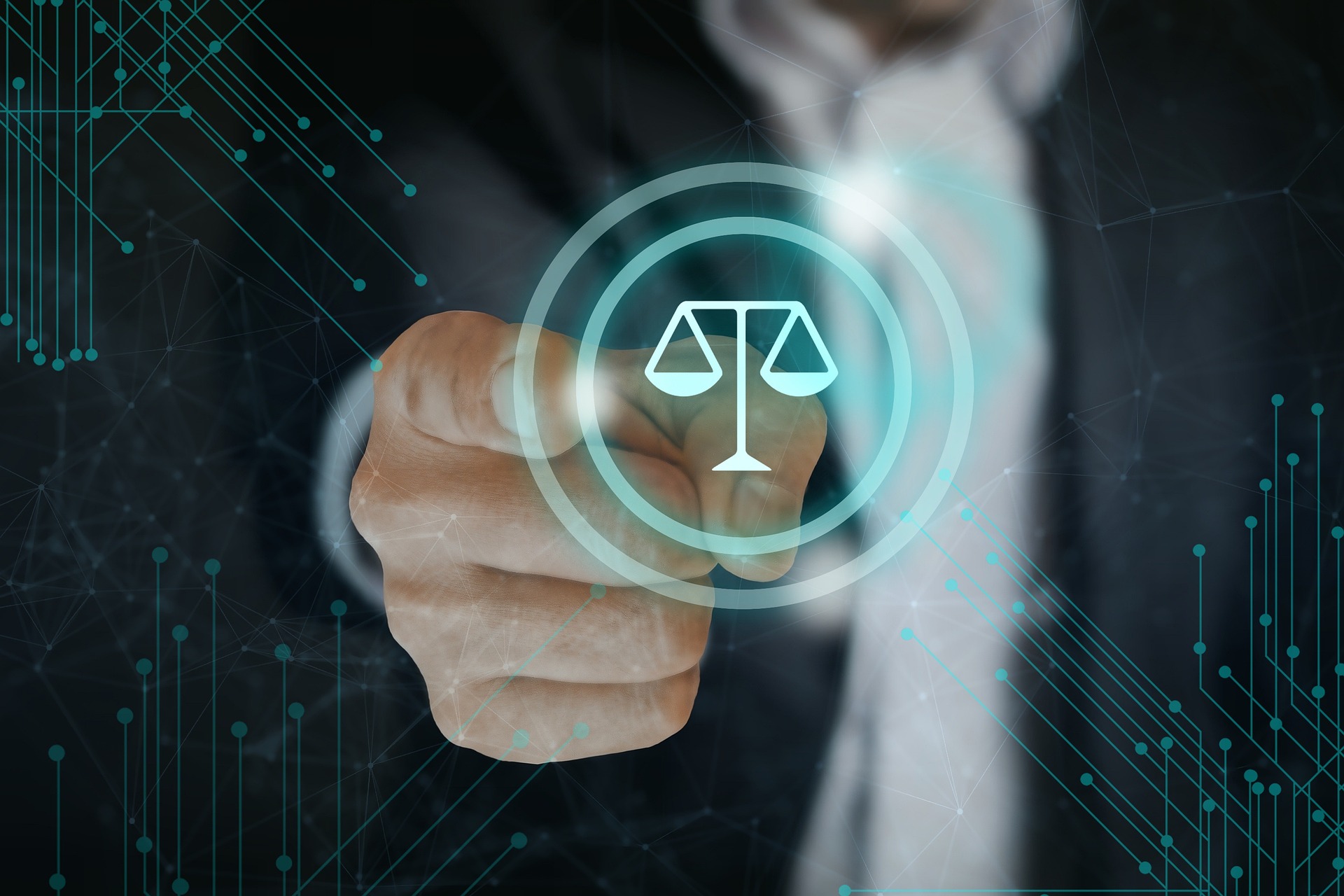"Deciphering the Intricacies of the Freedom of Information Act"
The Freedom of Information Act (FOIA) is a pivotal law in the United States that grants public access to government records. By understanding this law, citizens can wield their right to transparency, promoting accountability within the government. This article delves into the background, updates, and societal implications of FOIA.

Historical Context and Key Legal Developments
The Freedom of Information Act was enacted in the United States on July 4, 1966, by President Lyndon B. Johnson. The law was passed in response to concerns about government transparency. It was intended to provide citizens with the right to request access to records from any federal agency. Despite initial resistance, the Act has undergone several amendments to strengthen its provisions and extend its scope.
Over the years, court rulings have continued to shape the FOIA. In 1974, following the Watergate scandal, amendments were made to curtail exemptions that shielded government wrongdoing. The Electronic Freedom of Information Act amendments in 1996 expanded the Act’s reach into the digital age, requiring agencies to make certain types of records available electronically.
Current Legal Updates and Policy Discussions
Recent years have seen increased discussion around FOIA, particularly concerning its limitations and the balance between transparency and national security. In 2016, the FOIA Improvement Act was passed, codifying a presumption of openness and restricting the use of the deliberative process exemption. However, critics argue that these changes are insufficient and that the Act still allows for excessive government secrecy.
The Department of Justice plays a significant role in implementing FOIA. Under the Trump administration, it issued guidelines that arguably made it easier for federal agencies to withhold information. Current discussions center around whether the Biden administration will shift this stance to promote greater transparency.
Implications and Impact on Society
The FOIA has profound implications for American society. It empowers citizens, journalists, and watchdog groups to scrutinize government actions, promoting accountability and curbing corruption. The Act’s enforcement, however, remains a contentious issue. Excessive delays, high costs, and broad exemptions often hinder individuals from obtaining the information they seek.
The digital age brings new challenges and opportunities for the FOIA. As government records increasingly move online, the Act’s provisions must evolve to ensure continued access. At the same time, the rise of digital information may facilitate easier and more efficient record retrieval.
Research-Backed Facts
Studies on the FOIA paint a mixed picture. A 2017 study by the National Security Archive found that 78% of FOIA requests resulted in censored files or no records at all. Conversely, a 2018 report by the Department of Justice indicated improvement, with agencies releasing records for 73.6% of requests, the highest rate in five years.
Balancing Depth and Accessibility
Understanding the FOIA requires delving into legal complexities, but at its core, the Act is about the public’s right to know. As citizens, we must be aware of this right and understand how to exercise it. While the process may seem daunting, resources are available to guide individuals through it, from FOIA.gov’s “How to make a FOIA request” to non-profit organizations offering assistance.
The Freedom of Information Act is a powerful tool for enforcing government transparency. Despite its challenges and limitations, it remains a cornerstone of American democracy. As society and technology continue to evolve, so too must the FOIA. By staying informed about this crucial law, we can all play a part in promoting an accountable and transparent government.




